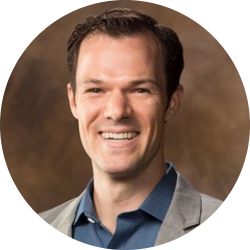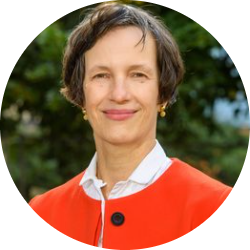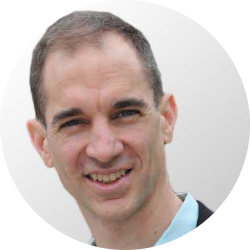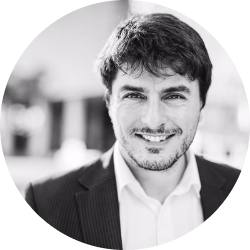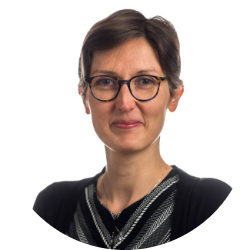As part of the workshop: Behavioral and Experimental Economics for Innovative Policy Making, CIRANO organized a meeting on behavioural and experimental economics for decision makers of government and industry partners.
Behavioural economics, with its use of experimental methods, makes key contributions to public economics by providing a more realistic and nuanced understanding of how people make decisions. This understanding helps explain why individuals may make decisions that are not in their best interests, and how policymakers can design policies to mitigate these decision-making biases. For these reasons, behavioural economics plays a significant role in addressing a wide range of public policy issues, including environmental change, health policy, education policy, immigration, and social inequality.
The CIRANO organized the “Behavioral and Experimental Economics for Innovative Policy Making,” a practical scientific workshop on behavioural economics and public policy that brought together leading researchers and practitioners to share their latest research and thinking on behavioural public economics. The workshop covered a wide range of topics that can inform policy decisions in areas such as financial literacy, consumer protection, educational policy, leadership development, and environmental protection.
This workshop was organized in honour of Claude Montmarquette who was one of the pioneers of experimental and behavioural economics in Canada. His work has had a significant impact on the field of economics and public policy. He was known for using experimental methods to inform economic policy. We hope that Montmarquette’s work will inspire future generations of researchers to follow in his footsteps and to continue his legacy of using experimental and behavioural methods to inform economic policy and improve people’s lives.
CIRANO researchers traveled by train thanks to a partnership with VIA Rail Canada.



